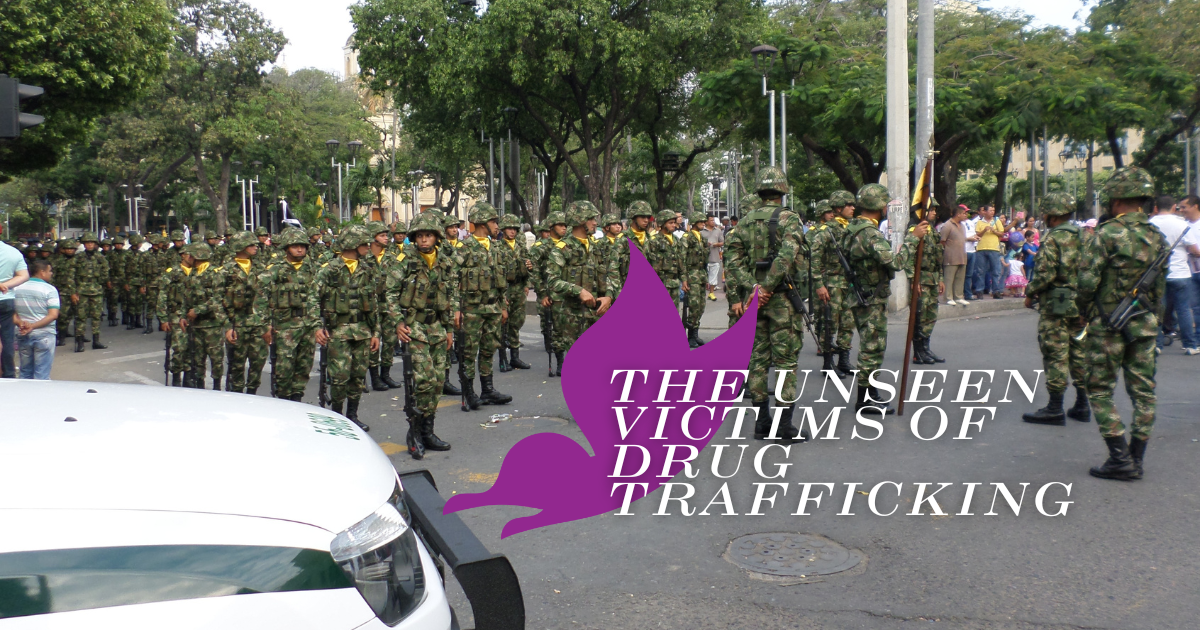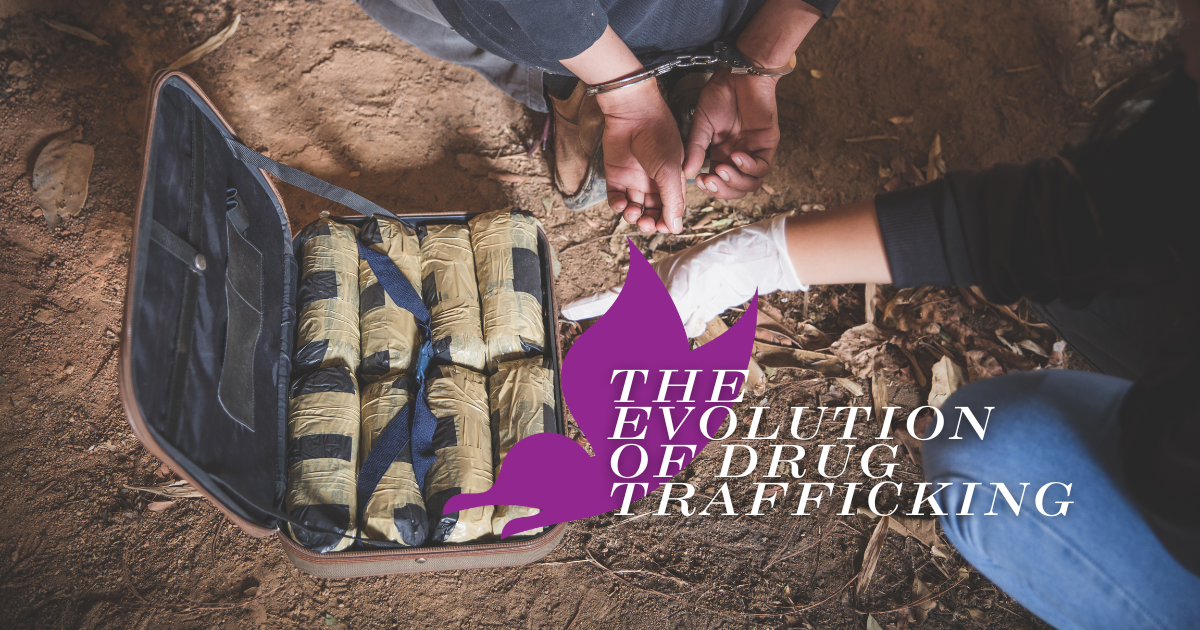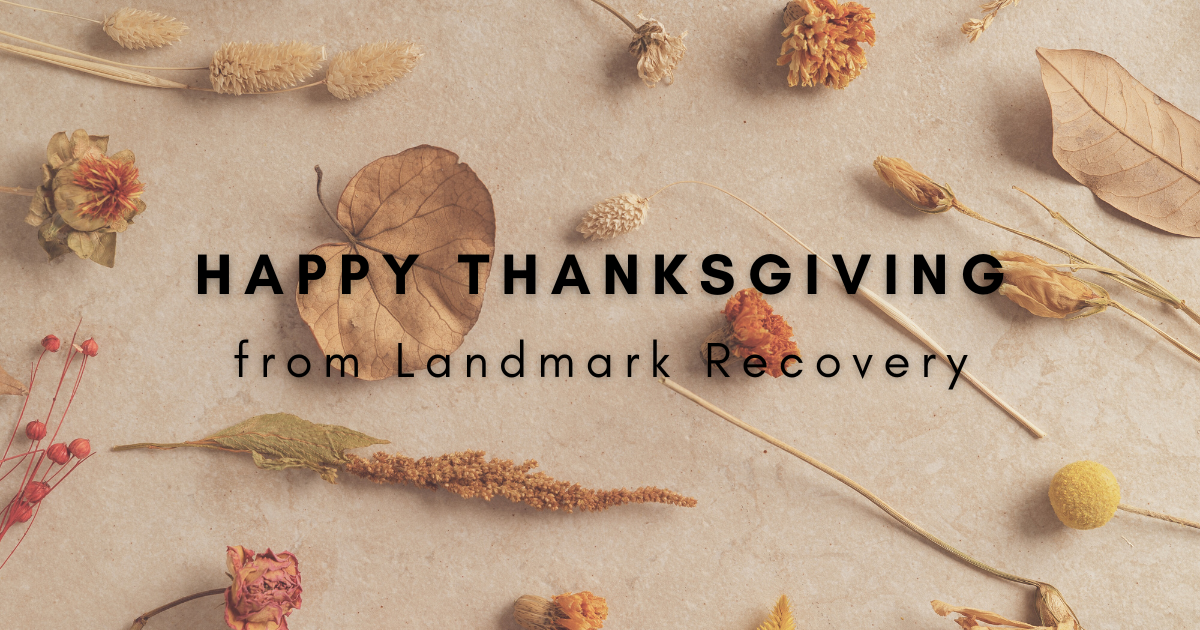Kentucky, like most other states in the US, has a problem on their hands. It’s a growing epidemic that continues to get worse as time goes on. You may have heard on the news about opioids and the impact they’re having in our communities. It’s getting so bad that even the president has decided to step forward and bring awareness to the cause.
Kentucky’s Opioid Epidemic
Of all the overdose-related deaths in the United States, 63% are due to opioids. Every single day, 91 people die from an opioid overdose. These are staggering numbers, and they only continue to increase. The number of deaths each year often reaches into the tens of thousands. If this isn’t a crisis, then what is?
Kentucky’s Numbers
While the above numbers were listed at a national rate, Kentucky is doing just as bad of a job. Just like most of the other more rural states, they are keeping the epidemic at bay. Areas of Kentucky had five times as many people die from drug overdoses as they did car accidents, which is remarkable when you know that drug overdoses are preventable.
Kentucky leads the country in several key statistics. One of them happens to be that Kentucky has more addicts who used private insurance than any other state. These are typically people who see their doctor on a regular basis to help treat one issue or another. For example, if you have back pain, you’re more likely to receive pain medication to help you endure through it.
In a lot of cases, the person who becomes addicted to opioids does so in a legal manner. They are already under medical supervision but later report to their doctor that they’re addicted to painkillers that were prescribed to them. It’s from this point where people find themselves taking more medication to keep up with their body’s demand.
How Addicts Are Made
When one pill turns into two, which often turns into three and four pills, the user will often run into resistance from their doctor. If not, their physician will jump from Vicodin to something stronger, like Oxycodone. When Oxycodone no longer works, the addict will move on to even more potent (but illegal) drugs to soothe their needs.
Overdoses can occur when the patient ends up taking more of the prescribed medication than issued, combines it with alcohol, and other drugs and substances. The body and the mind all have limits on what it can take. For example, pain medication itself does a number on the liver and other organs.
Pain medications and illegal drugs also have a decent track record of causing cardiac arrest, strokes, cancer, and even suffocation. A lot of the victims stop breathing or choke on their vomit, as their muscles are too weak from the drugs for them to wake up in time.
The Unseen Cost of Drug Addiction
When we talk about an epidemic that killed thousands of people each year, there is an even higher cost associated with overdose deaths that are rarely talked about. The number of children being removed from their homes as a result of drug abuse has increased dramatically.
Currently, the number of children removed from their homes stands at 32.2%, which was a 13% increase from 2012. As of right now, the number of children entering foster care is much higher than the number of them leaving. There are several thousand more kids now in foster care than there were just four years before. This speaks loudly about the scope of the epidemic and how it impacts our communities.
While this is a problem across the country, Kentucky has more kids placed in kinship care than any other state. It’s even more challenging when you consider how poorly addiction takes hold of entire families. It’s not as simple as letting grandma or another member of the family caring for the kids. The addiction is so strong that there is often no one in the family that is sober or clean enough that can take care of the little ones.
How To Prevent An Addiction
One positive aspect of this epidemic has been the media coverage it’s starting to receive. Major media pundits from all over the country have been telling stories of drug addicts. They are covering how heroin, meth, and prescription painkillers have ravaged entire cities and towns, killing families, and ruining lives everywhere it goes.
Thanks to the added attention, more help is being provided by the government to help treat this issue. Additional resources have been added for people who need help. There are even substance abuse treatment programs for kids and adolescents. The key is to not look at addiction as a misuse of willpower, but as the disease that needs treatment.
Looking To The Future
If you or someone you know is addicted to opioids, Landmark Recovery is here for you. We’ll create a comprehensive plan designed around your needs, offering medical, spiritual, and detox care to ensure your victory over addiction. There are drug and alcohol recovery centers ready to help you begin your road to recovery. Are you ready to live the life you always dreamed?

Choose Recovery Over Addiction
We're here 24/7 to help you get the care you need to live life on your terms, without drugs or alcohol. Talk to our recovery specialists today and learn about our integrated treatment programs.






